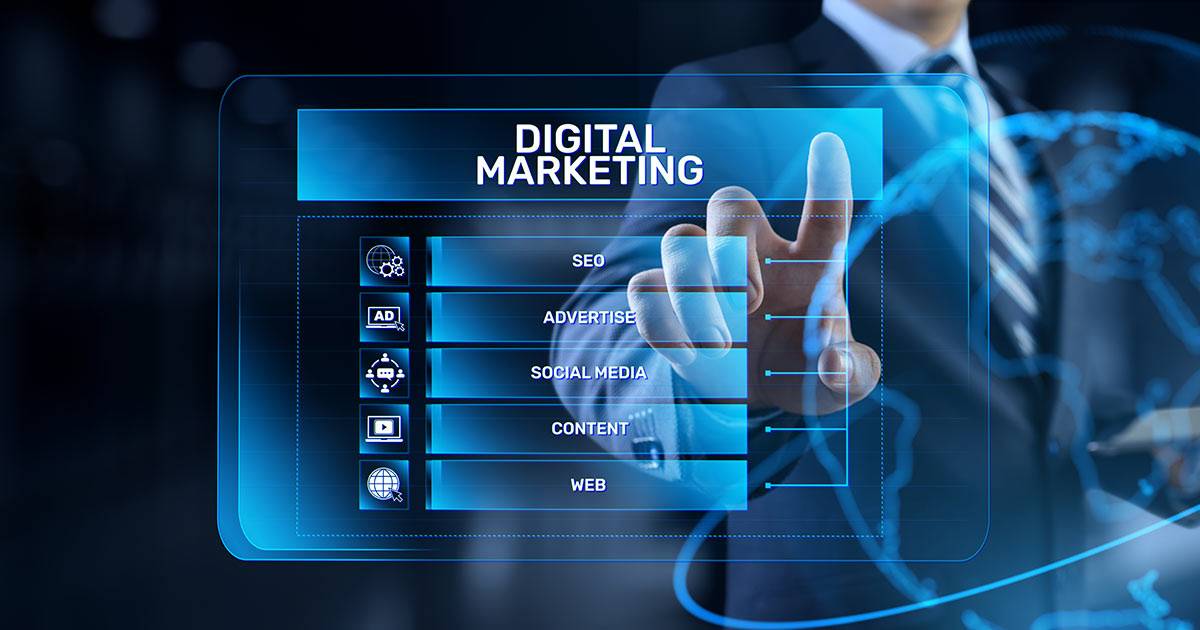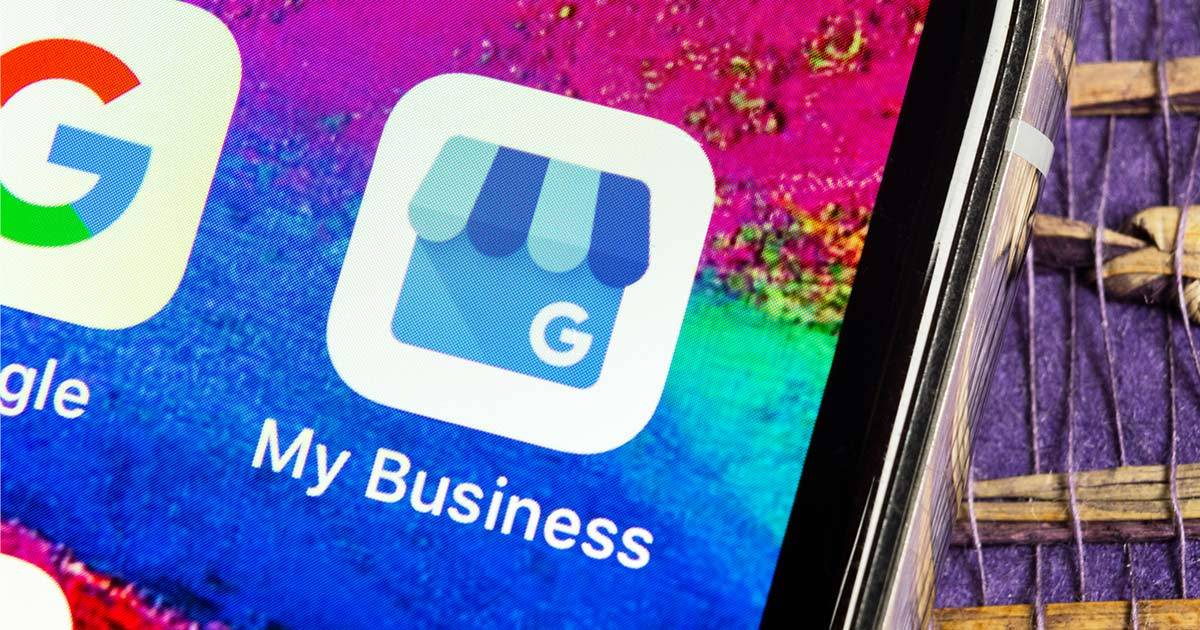In a world that is increasingly digitised, it is more important than ever for businesses to have a strong digital marketing strategy. By definition, digital marketing is “the marketing of products or services using digital technologies on the Internet, through mobile phone Apps, display advertising, and any other digital medium.” In other words, it’s the process of reaching out to potential customers online and promoting your product or service.
Why Digital Marketing?
There are a number of reasons why digital marketing is so important. First and foremost, the internet is where people spend the majority of their time. According to a recent study, people spend an average of 6 hours and 40 minutes online each day. That’s a lot of time that could be spent looking at your website or seeing your ad.
In addition, digital marketing is very cost-effective. You can reach a large number of people for relatively little money. Traditional forms of marketing, such as television or print ads, can be very expensive. Add to that how hard results are to track and they’re often not worth the investment. With digital marketing, you can track your results and see exactly how many people are clicking on your ad or visiting your website. This allows you to make changes to your campaign on the fly so that you are always getting the most bang for your buck.
Finally, digital marketing gives you the ability to target specific demographics with laser precision. For example, if you only want to reach people in a certain age group or location, you can set up your campaign accordingly. This ensures that you will only be spending money on ads that will actually be seen by people who are interested in what you have to offer.
Digital is essential for businesses in the modern age. By taking advantage of all that it has to offer, you can ensure that your business is seen by the right people. And that you are getting the most out of your marketing budget.
The Benefits of Digital Marketing
As we mentioned before, there are a number of benefits that come with implementing a digital strategy. In this section, we will go into more detail about some of the most important benefits.
Increased Visibility
If executed well, one of the most important benefits of digital marketing is increased visibility. With so many people spending time online, it’s essential that your business has a strong presence there as well. Otherwise, you risk being lost in the shuffle and never seen by potential customers. A solid digital strategy ensures that your business is seen by as many people as possible.
Cost Effective
Another great benefit of digital marketing is that it is very cost-effective. Traditional forms of marketing can be extremely expensive and often aren’t worth the investment. With digital, you can track your results and make changes on the fly so that you are always getting the most bang for your buck.
Precise Targeting
As we mentioned before, one of the best things about digital marketing is its ability to target specific demographics with laser precision. This means you’ve only spent money on ads that have actually been seen. And even better, seen by people who are interested in what you offer.
Time-Saving: One final benefit of digital marketing is that it saves you time!
Digital Marketing is Essential in this online age
Digital marketing is essential for businesses in today’s digitised world. By taking advantage of all that it has to offer, businesses can increase their visibility, save money on their marketing budget, and reach their target audience with ease. If you haven’t already started incorporating it into your business strategy, now is the time to do so! If you’re not sure where to start, then starting with an agency is always an option. Choosing the right Marketing Agency for you your business can be tougher though.
Start with a Digital Marketing Roadmap
The roadmap involves an in-person (or over zoom) deep-dive discovery session, which is a great way to get a better understanding of your business and how you can get the most out of your marketing. It’s all about generation IDEAS and turning those ideas into action!















